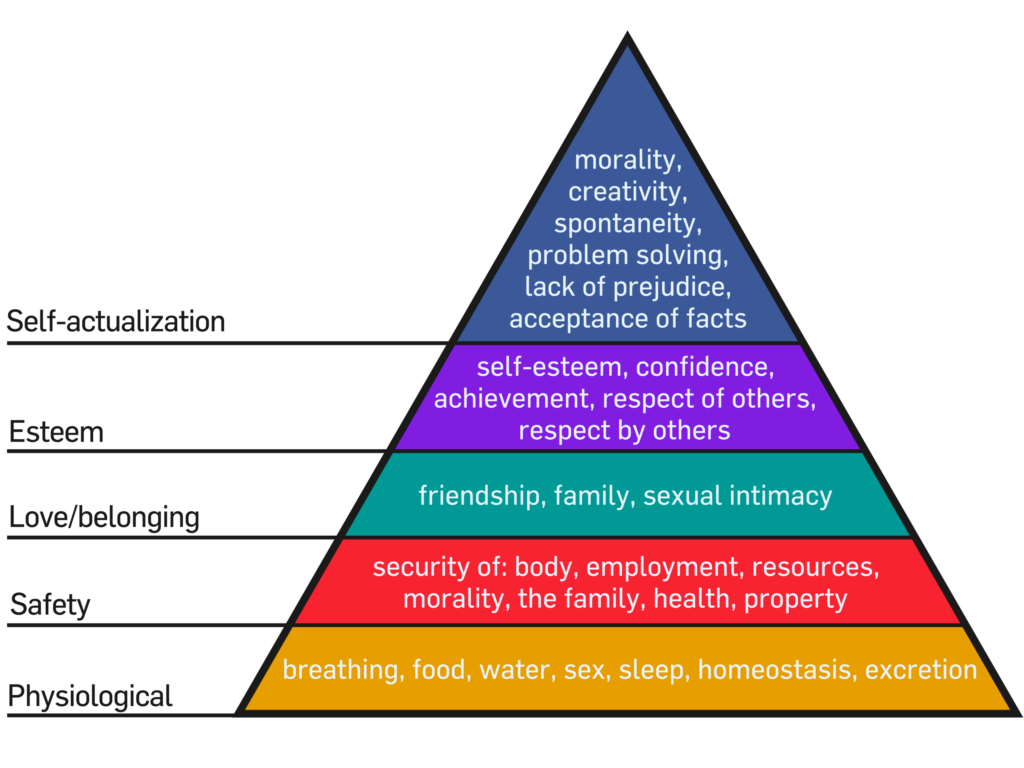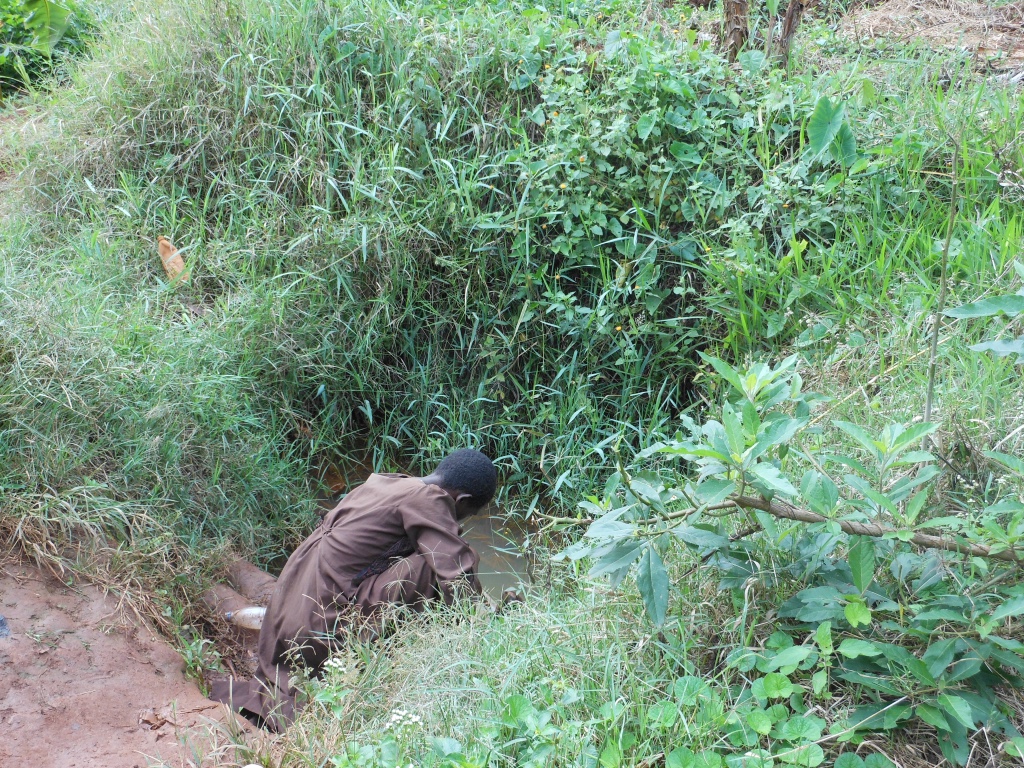After the burned foot and the fire in the yard and…. and…. and… it looks like there is a breather in the whirl-wind of mishaps if you don’t count the filling that fell out while eating popcorn for lunch necessitating several days in Kampala to go to the PC dentist. And as happens when life settles into a mix of hauling water and working around the electricity being “there” and choosing down-time over other exciting possibilities of hiking through the dirt and blowing dust, I took the time to look over the journal I started when I first began this run-up to Peace Corps. I was struck by a few thoughts. This could be boring – so feel free to opt out of this particular blog. I’m just processing…
One of the dominant reasons I chose this experience was to give back in a different way, on a more global scale and at a more fundamental level. But what is that? Talking to myself in my journal I ruminated on the fact that for the last 15 years my work has been about helping folks “make core level changes that bring them closer the their goals fulfillment, joy and wholeness.” How far away I am from those etherial pursuits. As fulling as that work was – and I loved it – it is part of me – I began to feel my own discontent. I realized that to sustain my business, more and more of my time and energy went into commercializing and constantly re-creating the “product.” Well – that was troublesome, since the “product” was mostly personal and spiritual growth. I found myself diluting the work to accommodate the market. Not surprising that most of my clients were reasonably affluent, wonderful people – seekers for the most part.

Maslow would have us believe that only after our physical needs for food, shelter and safety have been met do we start considering the more ethereal/spiritual/philosophical possibilities. But between affluence and the threshold of having enough to be able to explore possibilities there is a wide gulf. I wanted to make this work available to those who desperately wanted/needed it but could not afford it. So I did my fair share of pro-bono work, but the necessity to keep the business end up prevailed. I began to wonder what it would feel like to just “do the work, for the sake of the work” and not have to charge a fee. Ultimately, I wanted the opportunity to adapt my tool set to and make it available to in a more primary way.
So here I am and this is as basic as it gets; the “personal growth” industry as we know it is not even in its embryonic stage here. And in this world where even speaking the same language, one is not truly speaking the same language, many subtleties have to be sacrificed to basic communication. I find myself constantly needing to distill things to their most basic form. That’s not as easy as it sounds, by the way. And it’s not just true for the language – it true for the work as well.
I had long held that the tools one applies to that rarefied quest for fulfillment, are practical and fundamental to survival and meeting the basic needs of life as well. The need to try these in the organic context where daily survival needs are first and foremost has landed me in a target rich environment. Northern Uganda, in its post-war recovery is about as far away from ethereal pursuits as one can get.

The vast majority of people, spend the day in survival and maintenance activities: digging in the fields to grow and harvest tonight’s dinner of starches because they are filling and grow-able; finding water sometimes in puddles and dirty boreholes like the one to the right(if your community has such a thing) and then dealing with the diseases that emanate from that source and various and sundry others, including malaria, HIV/AIDS, typhoid, Ginea worms…. Along the way, however, they find time to meet, greet and be present in ways western culture has largely left behind and misses (thus the quest for fulfillment). To a significant degree, they are beginning to be interested in the pursuit of learning, not for entertainment or for the sake of learning, but because of the realization that education is the pathway to a better life (i.e not being cheated in the market because now you can count and make change). Arts and crafts are emerging – mostly as an income generating activity as the PC is fond of saying.
So what are these tools that contribute to both survival and ethereal thought? It’s not a trivial question.
In part, what is needed is made apparent by understanding how the absence of a “tool” impacts daily life. Some ideas… Planning, thinking ahead, deciding what you do want as opposed to what you don’t want, cause and effect, motivation, realizing that you can choose instead of just accept what’s dished out. But these are abstractions until you can put them together with actions and examples. In my former world where words can be used to “explain” everything and therefore the doing is often made easier because the concepts are in place – language makes work easier because we have a point of common reference. Here – the common language of English would tease one into thinking there is a common context. But that would be a largely false assumption. Whereas language may have served me well in other environments, here sometimes I just have to shut up and “do.” Other times I have to shut up and ‘be.” When I can’t shut up, I blog. Sorry folks…
And in the process, we are often brought up short. Yes – we have skills developing nations don’t. That having been said, if the systems we are so accustomed to fail – and we have to grow our own food, fetch water, live without computers – even for the short haul…. Well – we could learn some things here. It can be a humbling experience.
